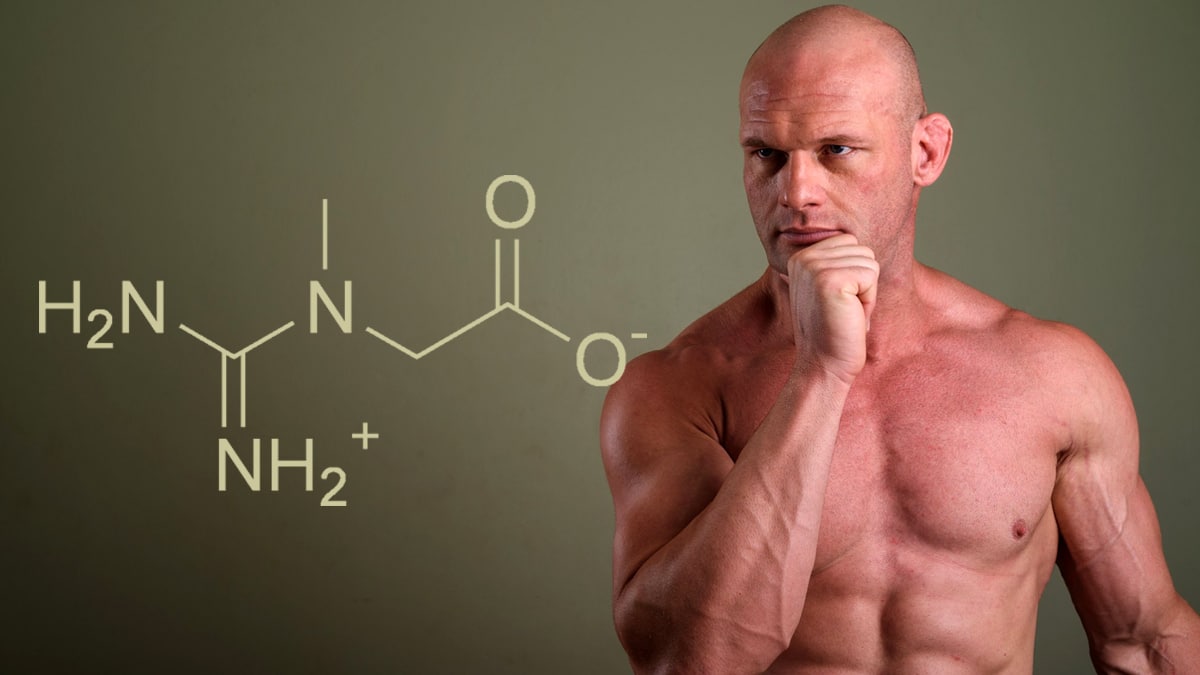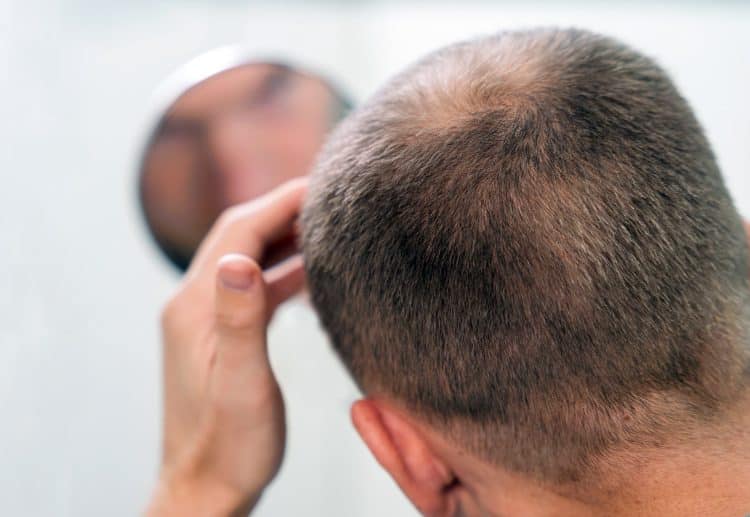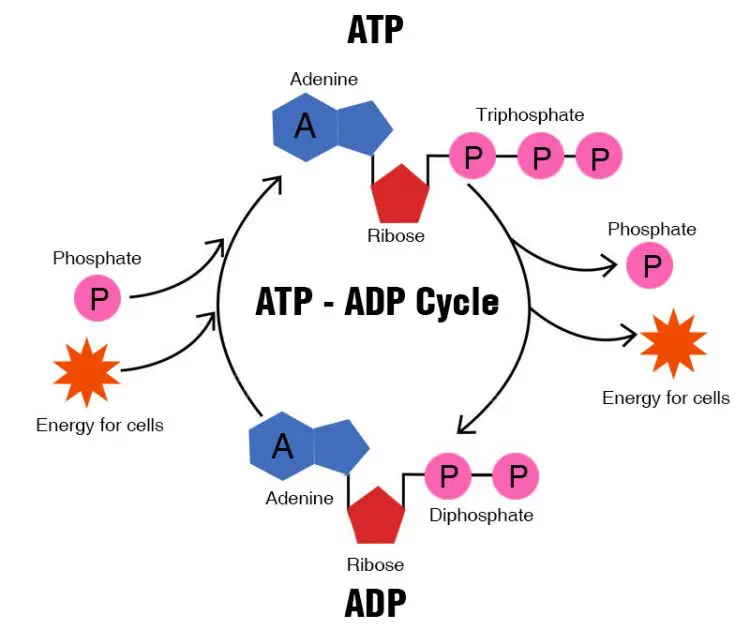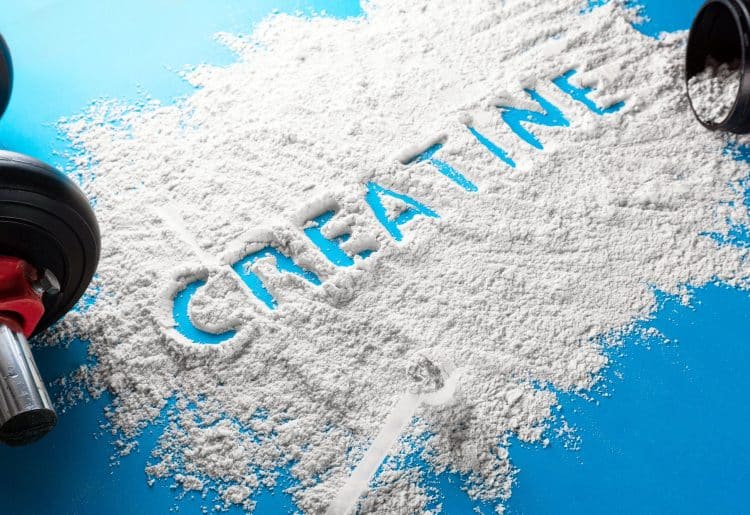Athletes and exercise enthusiasts supplement with creatine to improve muscle mass, performance, and recovery. It’s also been shown to improve health in older people and those with certain diseases. Creatine is considered helpful in the treatment of several diseases characterized by degenerative conditions, weakness, and metabolic disturbances. It may help improve muscle disorders and central nervous system diseases like Parkinson’s, Huntington’s, Alzheimer’s, and certain bone diseases. [1]
Although there have been over 500 peer-reviewed publications about creatine, questions still remain about its efficacy and safety. One among them is, does creatine cause hair loss or baldness?
Some people believe that creatine might affect certain hormones that contribute to hair loss. If you’re curious about how creatine affects hair loss, we’ve got you covered. Let’s uncover what creatine is, how it works, and whether it can affect your hairline.
What is Creatine?
Creatine is found naturally in your body and can help boost your energy levels. It enhances exercise performance and muscle mass.
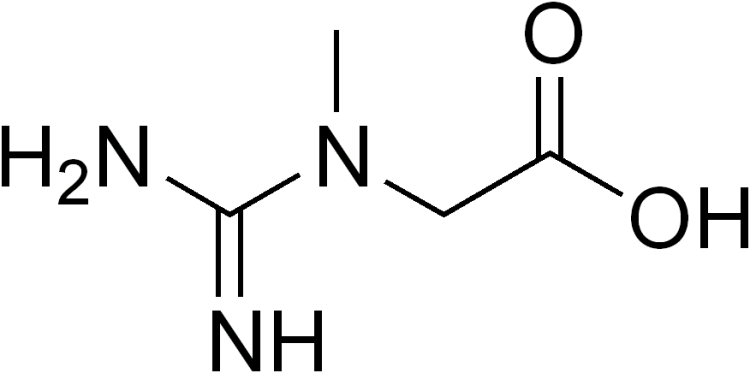
The International Olympic Committee and National Collegiate Athletic Association (NCAA) believe that creatine is a safe and effective sports supplement when taken in recommended doses. It may help prevent muscle injuries and is also beneficial for managing certain medical conditions such as Alzheimer’s and Parkinson’s. [2]
Since 95 percent of the body’s creatine is found in the skeletal muscle (in the form of phosphocreatine), maintaining optimal creatine levels is essential to building muscle strength, mass, and functioning. The remaining five percent is distributed in the brain, liver, kidney, and testes.
People with creatine deficiency should consider adding a creatine supplement to their regimen as it entails the following benefits:
- Improved exercise and training performance
- Better recovery after intense workout sessions
- Increased muscle strength
- Helps build muscle mass
Research Revelation On Creatine And Hair Loss
There is no hard evidence to support the claim that taking creatine supplements can cause hair loss; rather, it is based on certain personal experiences.
A 2009 study conducted on college rugby players revealed that male hormones, including DHT (dihydrotestosterone), increased after the athletes began taking creatine supplements. However, more research is needed to determine if creatine supplements increase DHT levels and if it leads to hair loss. [3]
Creatine supplements come in many forms, including liquids, powders, and tablets. You must consume them only at the right time and in the appropriate dosage to avoid experiencing any adverse effects.
While the daily dose may be mentioned on the label of your supplement, it’s best to consult a medical professional before consuming any supplement. You can also use our convenient online creatine calculator to determine the exact amount of creatine you need.
How Does Creatine Work?
Though the action mechanism of creatine is quite complex, we will try to explain it in a simple way. Creatine helps your muscles use the energy they need more effectively. If your body doesn’t produce enough creatine, you can gain it from natural food sources or supplements.
Generally, adenosine triphosphate (ATP) provides you energy by hydrolyzing a phosphate group. It means that creatine removes the phosphate group from ADP (adenosine diphosphate). In other words, it takes in one molecule of ADP and releases one molecule of ATP with more energy for your muscles to use during exercise. Creatine will increase your ATP stores, thus allowing you to train harder and longer than before.
Creatine works by increasing the phosphocreatine and creatine ratio in the skeletal muscle tissue, thereby increasing the capacity for rapid ATP resynthesize during repeated high-intensity exercise tasks. [4]
Side Effects of Excessive Creatine on Your Hairline
Dr. Antonio, a well-known researcher in the field of sports nutrition and the Journal of the International Society of Sports Nutrition, undertook research to address some often asked issues and myths concerning creatine supplementation. He states that the current evidence does not support the notion that using creatine supplements would result in an increase in total testosterone, free testosterone, DHT, or hair loss and baldness. [5]
Although many other clinical trials of creatine supplements have been conducted, none have proven any possibility of creatine causing hair loss. Therefore, creatine cannot be the reason for your hair loss; instead, other factors such as a family history or poor nutrition may be to blame.
Creatine is one of the most researched performance supplements and is considered to be safe and effective when taken in moderation. [6]
Other Possible Side Effects of Creatine
While we emphasize the pros of creatine for your body, it is equally important to be familiar with the possible risk factors associated with creatine intake. Some common side effects may include water retention, bloating, dehydration, muscle cramps, and kidney concerns; however, these are subject to underlying medical conditions. [7]
Scientifically speaking, creatine is an osmotically active element that may cause water retention in your body. To get creatine into muscle cells, it must be transported through the bloodstream by a sodium-dependent transporter. This absorption requires the enzyme sodium-potassium adenosinetriphosphatase (ATPase). Once creatine has entered the cell, it is pumped out of the cell and into the surrounding tissues by ATPase, where it can then be utilized by muscles again.
Since the process involves sodium, water may potentially be drawn into the muscles to maintain an intracellular osmolality.
Additionally, high doses of this substance are believed to affect the liver, kidneys, and heart; however, these effects are not proven. But, people with underlying medical conditions like kidney disease, diabetes, and blood sugar disorders should consult a doctor before using creatine. [8]
Safety Precautions Of Creatine Supplementation
Creatine supplements are generally considered safe. Although there are claims that creatine can adversely impact your health, cause baldness, result in dehydration or harm your kidneys, there is no solid scientific evidence to support them. Indeed, consuming creatine in recommended doses or that befit your weight and health conditions may not have any harmful effects.
Typically, to begin with, five grams per day is a safe bet. Check with your healthcare provider before beginning a creatine routine to ensure safety. Studies show that taking daily creatine supplements is safe. In fact, no dangerous side effects have been found in people who took up to 30 grams of creatine a day for up to five years. [9]
Creatine monohydrate is the most extensively researched and commonly used form of the dietary supplement. When ingested orally, it gets absorbed by the tissue and is simultaneously excreted through urine.
However, if you’re considering taking creatine supplements and have concerns, discuss them with your physician.
Treatment for Creatine-Related Hair Loss
In some scenarios, people who take creatine supplements may experience an increase in testosterone levels, which are converted into DHT by the body. This might aggravate one’s underlying hair loss condition, causing the follicles to shrink.
If your hair thinning results from creatine consumption, it’s likely to grow back. But if that doesn’t work or if your hair loss is caused by an underlying genetic condition, you may need to try other treatments.
It is possible to retain hair in most cases. The androgenic hormones cause the follicles to shrink, which impacts their life cycle. Treatment usually helps balance your DHT levels, controlling hair loss triggered by it. Drugs such as 5α-reductase inhibitors improve blood circulation in the scalp, curbing the production of DHT. However, it is best to consult a dermatologist for appropriate advice and treatment. [10]
Some experts also recommend biotin treatments as such supplements can work as DHT blockers for hair regrowth. Regardless of the treatment chosen to counter hair loss resulting from creatine intake, it is essential to consult a dermatologist so that you know how a particular medicine can help you fight hair loss without messing with other health aspects.
FAQs
Is creatine a steroid?
No. Creatine is not a steroid. It does not structurally mimic a steroid nor trigger any steroid-like actions.
Will creatine use cause weight gain?
Creatine can indeed cause some weight gain. However, it is the result of water and muscle mass.
Is creatine only for men?
No, both men and women can take creatine supplements. Women of various ages, training, fitness and activity levels can benefit from creatine supplementation. Women can also improve their strength with creatine supplementation during resistance training.
Do women experience hair loss due to alopecia?
Yes, androgenetic alopecia may cause hair loss in women. Although testosterone levels in women are far lower than in males, they are nevertheless high enough to possibly lead to androgenetic hair loss. Hair loss in women follows a different pattern. Over the top of the scalp, thinning develops in a “Christmas tree” pattern.
Is creatine loading necessary?
Loading is not necessary for creatine supplementation. Lower daily creatine intake, such as three to five grams every day, has been scientifically shown to effectively increase intramuscular creatine stores, leading to improvement in muscle mass performance and recovery.
Learn more about Creatine:
- The 5 Supplements Worth Taking (And Another Five That Aren't)
- Creatine Before and After: How Creatine Supplement Affects Your Body
- I’m a Supplement Researcher — These 3 Creatine Forms Will Supercharge Your Gains (and One’s a Total Rip-Off)
- Creatine and Acne: Are You Making This Common Mistake?
- STOP Wasting Your Creatine! The Ultimate Guide to Proper Usage
- How Long Does Creatine Stay in Your System? A Doctor Explains
- What Happens To Your Body When You Take Creatine Every Day For Muscle Gain?
- Creatine + Whey Synergy: The Science Behind This Power Duo's Muscle-Building Magic
Wrapping Up
A popular supplement, creatine, can enhance your workout and athletic performance and can also be used to alleviate neurological disorders. You might feel bloated in the initial days as it increases muscle mass and water retention, especially if you are following a loading phase with a daily intake of around 20-25 grams.
However, if you are skipping this phase and resorting to the maintenance dose of three to five grams daily, you can spare yourself the bloating issues. While several anecdotal stories narrate the experiences of men going through hair thinning after consuming creatine, there is no scientific evidence to back the claims.
References
Fitness Volt is committed to providing our readers with science-based information. We use only credible and peer-reviewed sources to support the information we share in our articles.
- “Exploring the Therapeutic Role of Creatine Supplementation – PubMed.” PubMed, pubmed.ncbi.nlm.nih.gov, 1 Jan. 2010.
- Buford, Thomas W., et al. “International Society of Sports Nutrition Position Stand: Creatine Supplementation and Exercise – PMC.” PubMed Central (PMC), www.ncbi.nlm.nih.gov, 30 Aug. 2007.
- “Three Weeks of Creatine Monohydrate Supplementation Affects Dihydrotestosterone to Testosterone Ratio in College-Aged Rugby Players – PubMed.” PubMed, pubmed.ncbi.nlm.nih.gov, 1 Sept. 2009.
- Effects of Creatine Loading and Prolonged Creatine Supplementation on Body Composition, Fuel Selection, Sprint and Endurance Performance in Humans – PubMed.” PubMed, pubmed.ncbi.nlm.nih.gov, 1 Feb. 2003.
- Antonio, Jose, et al. “Common Questions and Misconceptions about Creatine Supplementation: What Does the Scientific Evidence Really Show? – Journal of the International Society of Sports Nutrition.” BioMed Central, jissn.biomedcentral.com, 8 Feb. 2021.
- “International Society of Sports Nutrition Position Stand: Safety and Efficacy of Creatine Supplementation in Exercise, Sport, and Medicine – PubMed.” PubMed, pubmed.ncbi.nlm.nih.gov, 13 June 2017
- “Adverse Effects of Creatine Supplementation: Fact or Fiction? – PubMed.” PubMed, pubmed.ncbi.nlm.nih.gov, 1 Sept. 2000.
- “Long-Term Oral Creatine Supplementation Does Not Impair Renal Function in Healthy Athletes – PubMed.” PubMed, pubmed.ncbi.nlm.nih.gov, 1 Aug. 1999
- Kreider, Richard B., et al. “International Society of Sports Nutrition Position Stand: Safety and Efficacy of Creatine Supplementation in Exercise, Sport, and Medicine – Journal of the International Society of Sports Nutrition.” BioMed Central, jissn.biomedcentral.com, 13 June 2017.
- “Long-Term Treatment with Finasteride 1 Mg Decreases the Likelihood of Developing Further Visible Hair Loss in Men with Androgenetic Alopecia (Male Pattern Hair Loss) – PubMed.” PubMed, pubmed.ncbi.nlm.nih.gov, 1 Aug. 2008.
Tip: If you're signed in to Google, tap Follow.


